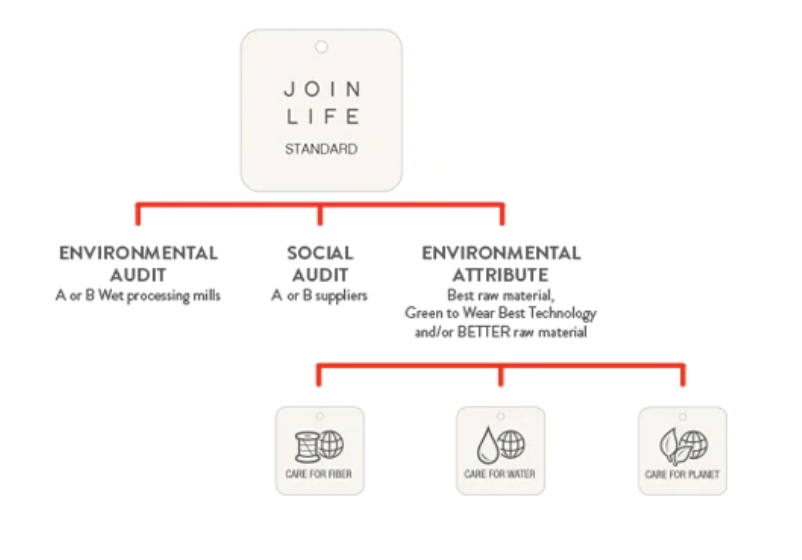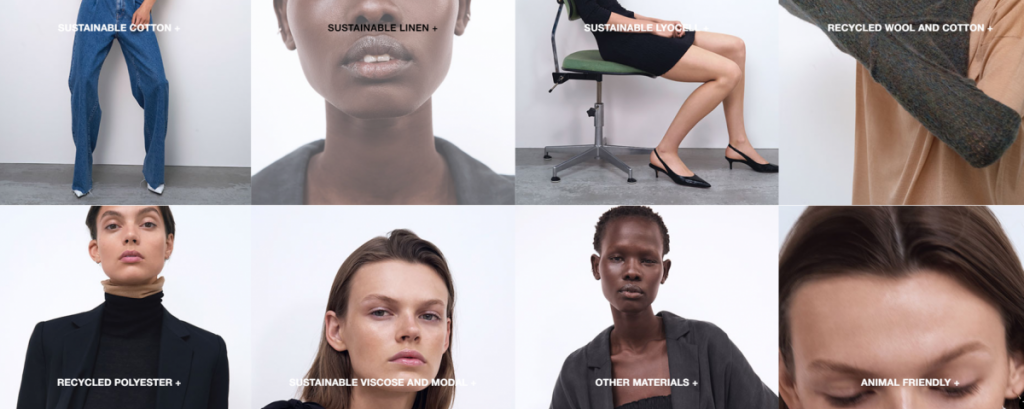Zara was founded by Amancio Ortega in La Coruña, a city and municipality of Galicia, Spain. It opened its first store in 1975 and has grown into a global success with over 2,238 stores in 96 countries (Hanbury, 2018). This success impacted the retail industry because of Zara’s unique market format. The uniqueness of their brand make consumers feel like if they don’t buy a product right away, the chance of the item being there next week is slim to none.
Zara’s parent company, Inditex, manufactures and headquarters in Arteixo (A Coruña) in Galicia, Spain. It is home to 5,000 employees that focus in design, photography, modeling, manufacturing and distribution (Hanbury, 2018). They successfully use vertical integration; in which the company has control in each step of the supply chain such as the planning, design, manufacturing, production and distribution as opposed to outsourcing, which is why they succeed as global retailers (Sternquist and Goldsmith, 2018).






